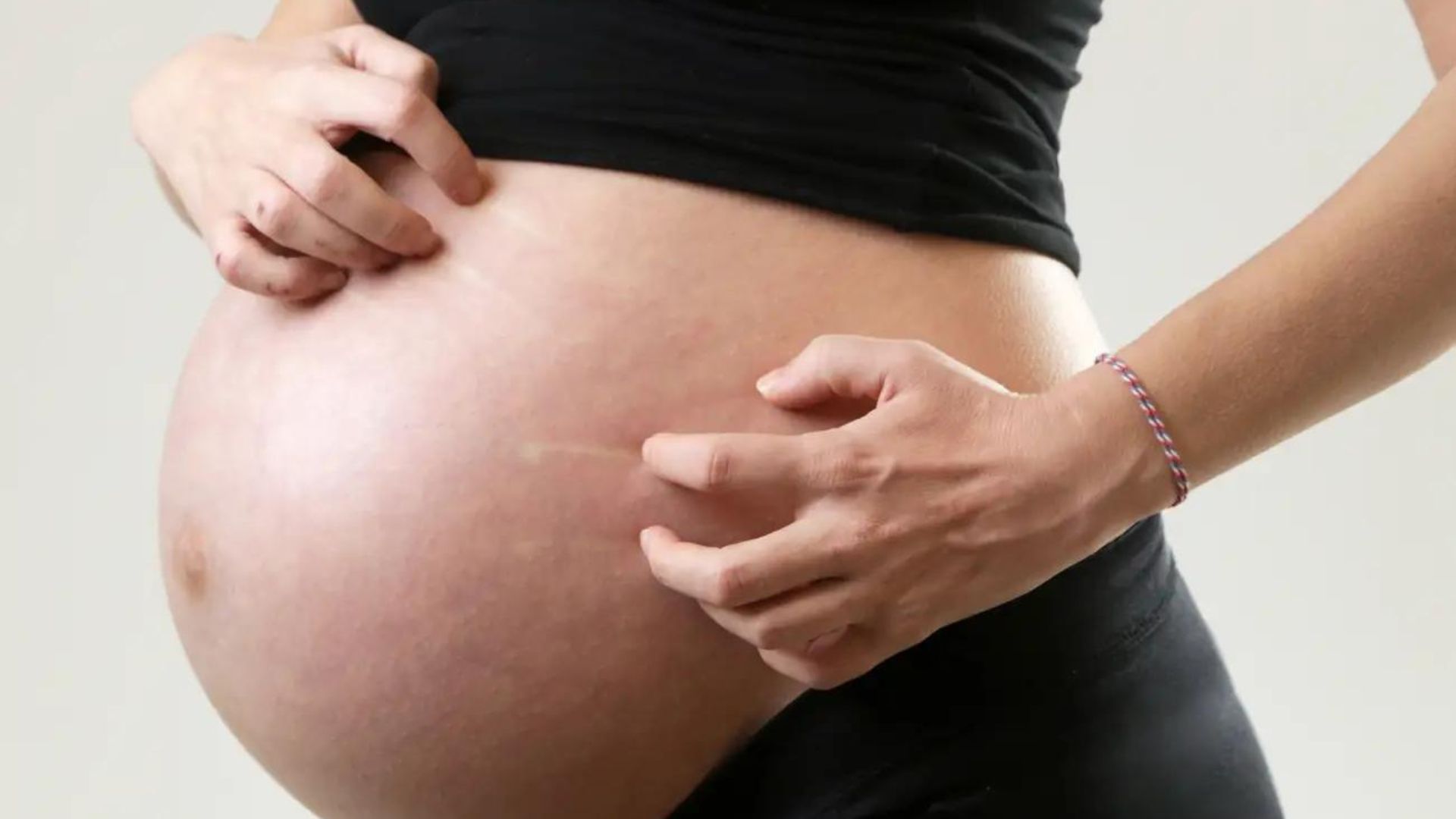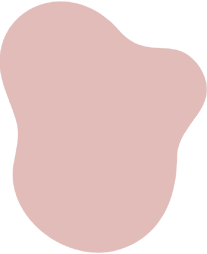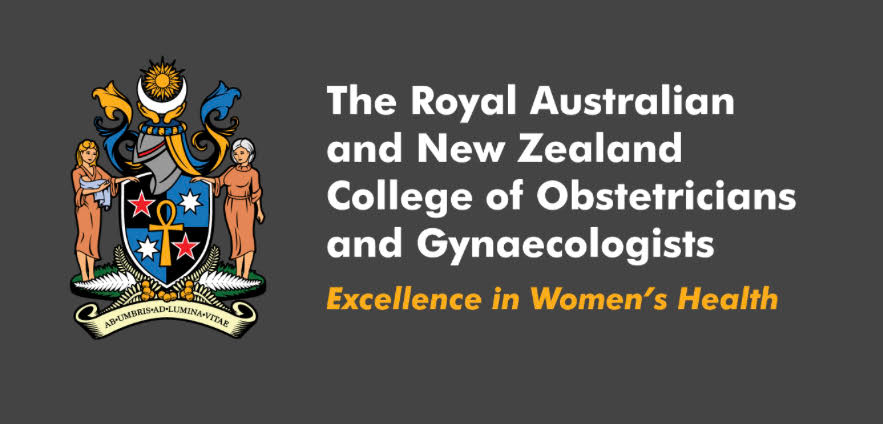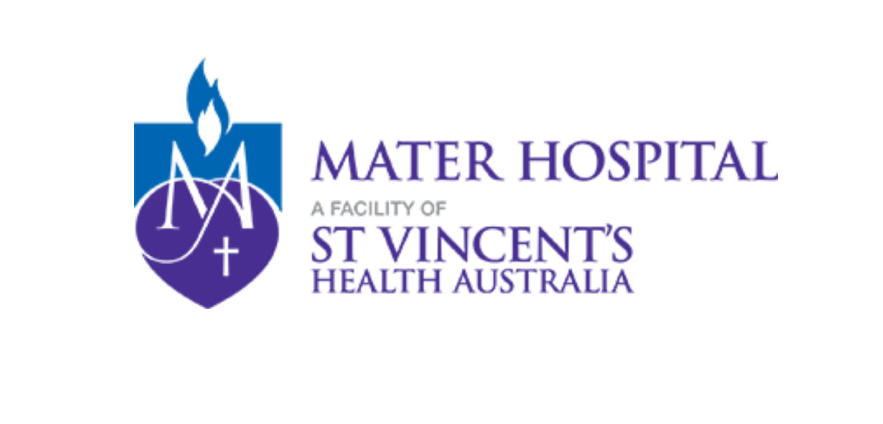

Obstetric cholestasis is a rare condition that usually occurs in the third trimester of pregnancy & is characterised by generalised itching (hands & soles of feet).
It is thought to arise due to the increasing levels of estrogen as the pregnancy progresses. Bile acids produced in the liver are usually secreted into the bowel to aid digestion of fatty foods. In Cholestasis this process is affected & there is a build up of bile acids in the mothers circulation. Once the baby is born the estrogen levels decline quickly & Cholestasis improves soon after birth.
Obstetric Cholestasis is a serious condition associated with pre eclampsia, gestational diabetes, pre term delivery & in severe cases stillbirth.
Usually there is no rash present, apart from the scratching.
Blood tests measuring liver function & bile acids are required to diagnose, as some pregnant women have itching without a diagnosis of Cholestasis.
Once a diagnosis is made, blood tests every 2 weeks are required to monitor the severity. Closer monitoring of mother and baby is required throughout the pregnancy.
Treatment may include antihistamines, moisturising creams with menthol & avoidance of hot showers/baths. If Cholestasis is diagnosed early in pregnancy then a prescription medication may be used to improve symptoms & liver function.
Due to the increased risk of stillbirth & meconium stained amniotic fluid, delivery at 37 weeks should be considered, depending on the severity.
Following delivery symptoms resolve quickly, however women should still be counselled about the risk of Obstetric Cholestasis occurring in subsequent pregnancies (around 50%).




